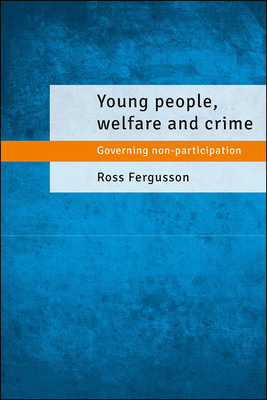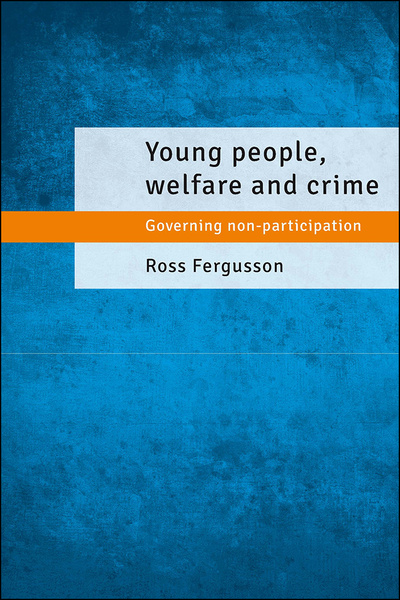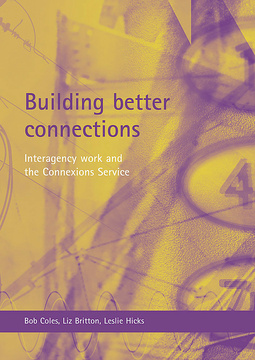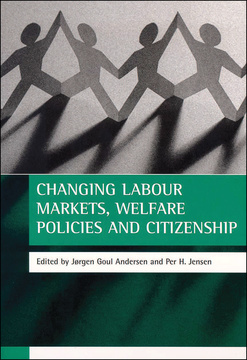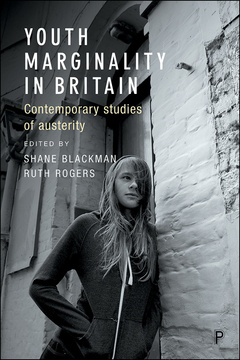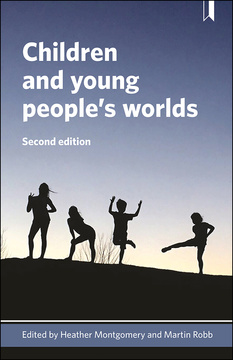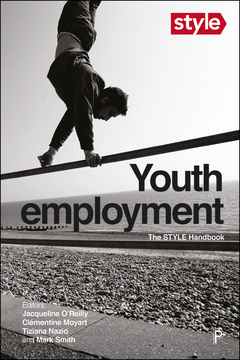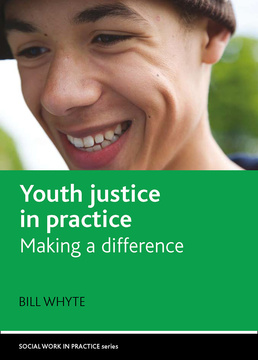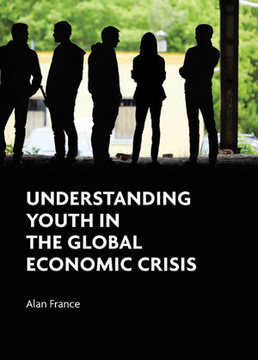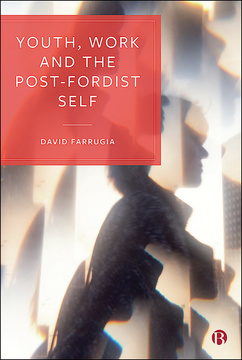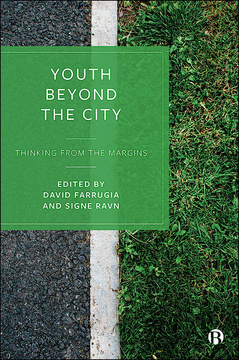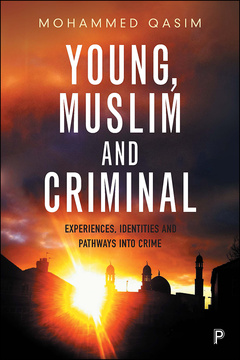Published
Jun 30, 2017Page count
300 pagesISBN
978-1447307020Dimensions
234 x 156 mmImprint
Policy PressPublished
Feb 24, 2016Page count
300 pagesISBN
978-1447307013Dimensions
234 x 156 mmImprint
Policy PressPublished
Feb 24, 2016Page count
300 pagesISBN
978-1447321040Dimensions
Imprint
Policy PressPublished
Feb 24, 2016Page count
300 pagesISBN
978-1447321057Dimensions
Imprint
Policy PressMass youth unemployment is now endemic and almost ubiquitous in the global north and south alike. This book offers an original and challenging interpretation of the ways in which young people’s unemployment and general non-participation is becoming marginalised and criminalised. It re-examines the causes and consequences of non-participation from an unusually wide range of disciplines, using an innovative theorisation of the fast-changing relationships between extended studentship, welfare provision, labour market restructuring and crime. This approach offers an important contribution for understanding what it means for young people to be socially re-positioned and economically excluded in increasingly unequal societies, in and beyond the UK.
Ross Fergusson is Senior Lecturer in Social Policy at the Open University. He has published widely on young people in leading journals in social policy, politics, youth justice and education, drawing on primary research findings, critical policy analysis and social and political-economic theory.
Part One: The crisis of non-participation;
Crises of non-participation;
Part Two: Work, welfare and crime: research and policy;
Young people and non-participation: discourses, histories, literatures;
Non-participation, wages and welfare;
Non-participation and crime: constructing connections;
Unemployment, crime and recession;
Interlude: Interpretive review;
Part Three Theorising non-participation;
Lines of division, points of entry: two theories;
Theorising the non-participation-crime relationship;
Part Four: Criminalising non-participation;
The advance of criminalisation;
Review and concluding comments.







